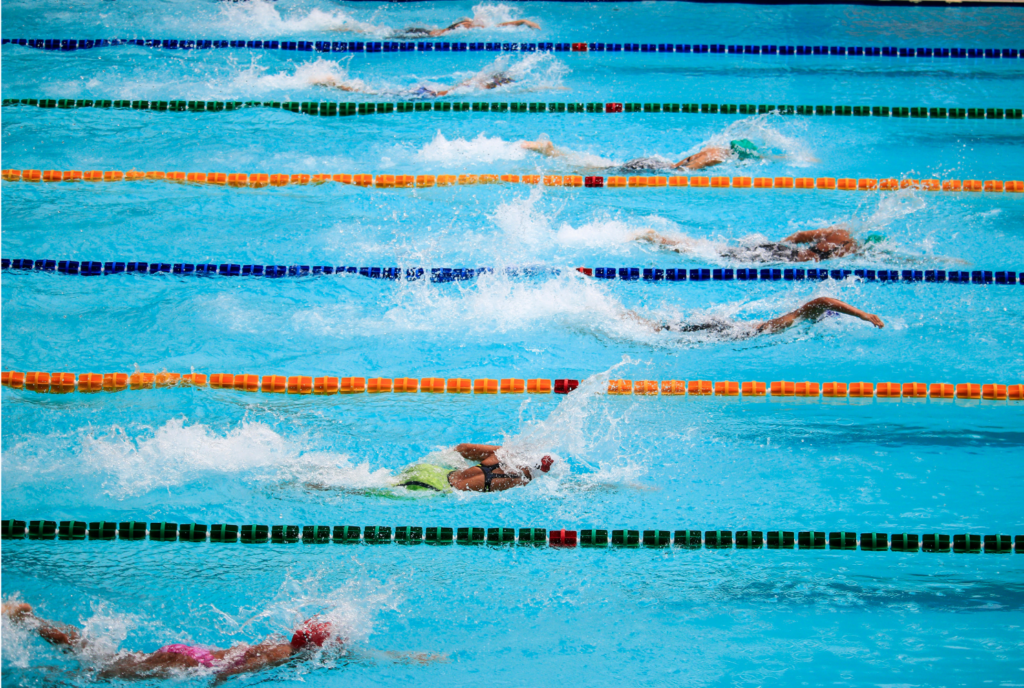As the Paris 2024 Olympics ends on a good note in terms of sustainability and environment, the city has set a new benchmark for sustainability and environmental stewardship in the world of international sports. With a strong commitment to reducing plastic and carbon footprints, Paris is finally hosted an event that not only celebrates athletic excellence but also prioritizes the health of our planet. This ambitious approach raises important questions and sets high expectations for future Olympic hosts, including Los Angeles for the 2028 Games.

Paris 2024: Leading the Way in Sustainability
Paris has pledged to make the 2024 Olympics the most environmentally friendly games in history. The city’s strategy revolves around two key areas: reducing plastic use and minimizing carbon emissions. Here’s how Paris tackled these challenges:
Minimizing Carbon Footprint: The Paris 2024 organizing committee outlined and implemented a comprehensive plan to achieve carbon neutrality. This involves using renewable energy sources, improving public transportation infrastructure, and implementing energy-efficient technologies throughout the games. The city is also working on offsetting any remaining carbon emissions through reforestation projects and other environmental initiatives.
Reducing Plastic Footprint: Paris has committed to eliminating single-use plastics from the Olympic venues and events. This included banning plastic straws, cutlery, and bottles. Instead, the city is focused on reusable and recyclable materials. Additionally, Paris ensured that all food and beverage vendors at the games adhere to strict waste reduction protocols.


Challenges for LA 2028: Setting High Standards
As Los Angeles prepares to host the 2028 Olympics, Paris’s high sustainability standards present both inspiration and challenges. Here’s a look at the potential hurdles LA might face in meeting or exceeding these expectations:
Legacy and Long-Term Impact: Paris is focused on creating a sustainable legacy for future events and generations. LA will need to ensure that its sustainability efforts are not just a temporary measure but a lasting impact on the city’s environmental policies and practices
Infrastructure and Logistics: Unlike Paris, which has invested heavily in sustainable infrastructure, LA will need to undertake significant upgrades to its existing facilities and transportation networks. This could be a complex and costly process, particularly in terms of retrofitting venues to meet stringent environmental standards.
Public Engagement and Behavior: Changing public behavior and encouraging sustainable practices can be challenging. While Paris is enforcing strict regulations on plastic use, LA will need to engage the community effectively and promote environmentally friendly behaviors among spectators, athletes, and vendors.
Economic and Political Factors: The economic implications of adopting high sustainability standards are considerable. For LA, balancing the budget while investing in green technologies and infrastructure could pose a significant challenge. Additionally, political will and public support will be crucial in driving these initiatives forward.

Moving Forward: Embracing the Challenge
While the Paris 2024 Olympics set a high bar for sustainability, LA 2028 has the opportunity to build on these achievements and further advance the Olympic movement towards environmental responsibility. By learning from Paris’s strategies and addressing the unique challenges of the Los Angeles context, the 2028 Games can continue the momentum towards a greener, more sustainable future.
In conclusion, as we look forward to the Paris 2024 Olympics and the ambitious goals set by the city, it is clear that sustainability will play a crucial role in shaping the future of the Games. Los Angeles, with its own set of challenges and opportunities, has the chance to rise to the occasion and demonstrate that the Olympics can be both spectacular and sustainable. The journey towards a greener Olympic movement is well underway, and it will be exciting to see how LA 2028 meets and exceeds the high standards set by its predecessor.



